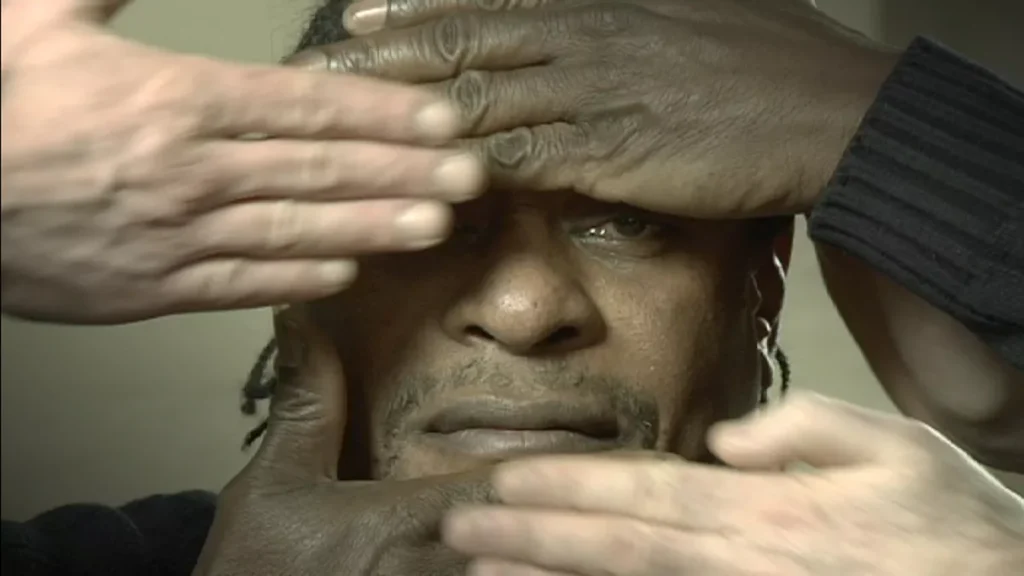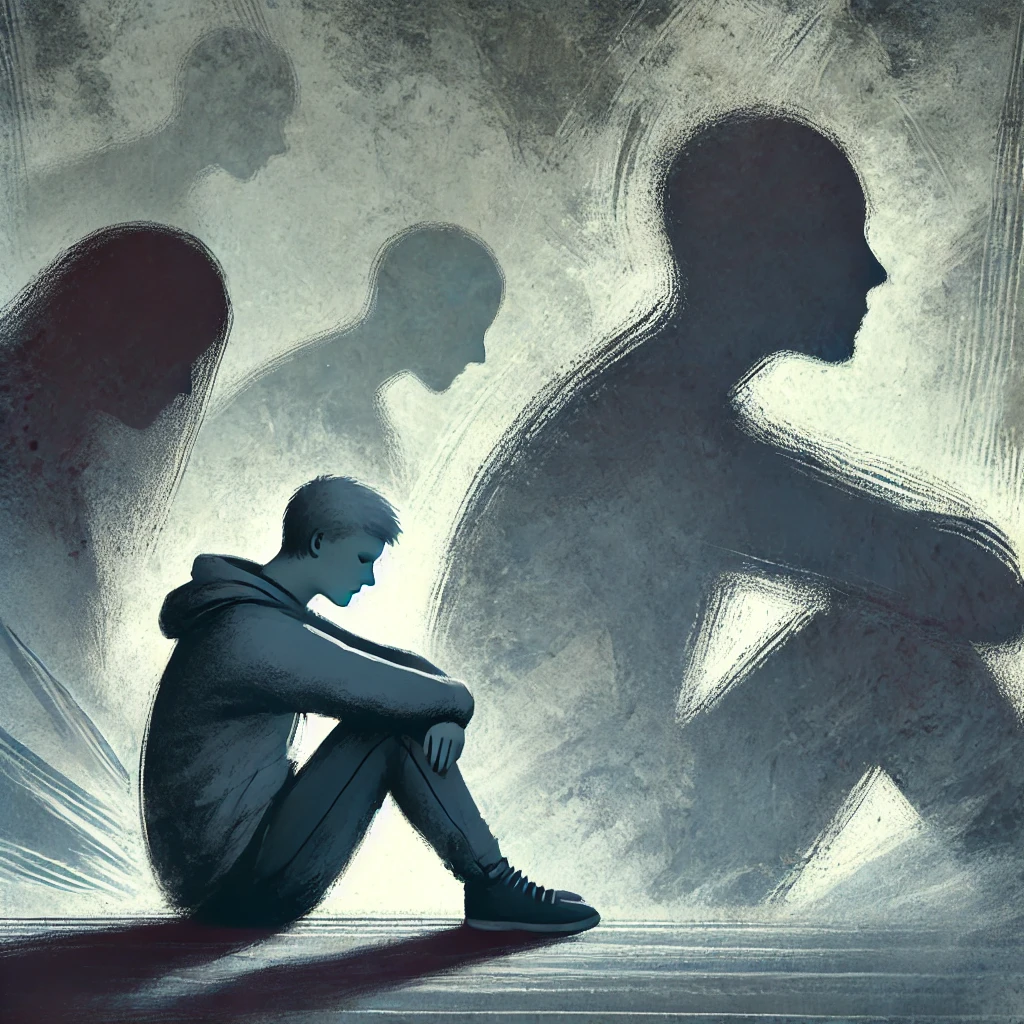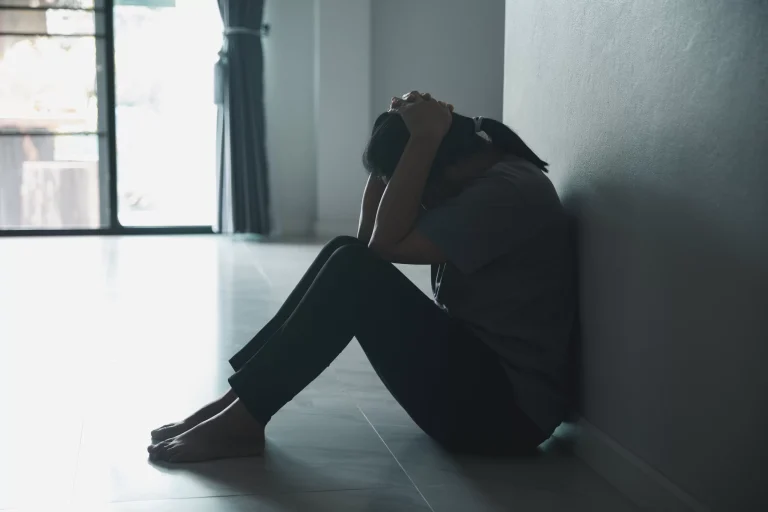Why Am I Being Excluded? Understanding Exclusion and How to Cope
Why Is Everyone Excluding Me?
In this article, we will explore different perspectives on the question, “Why am I being excluded?” As social beings, humans have a strong desire to belong to a community, to be accepted, and to play an active role in that community. Groups around us, such as close friends, family, and coworkers, provide us with this sense of belonging. However, being pushed out of one of these groups can result in the loss of this sense of belonging and lead to feelings of loneliness.

Feeling excluded is a common emotion that most individuals experience at least once in their lives. This feeling, which all of us encounter from time to time, can sometimes have a deep impact on our lives.
Exclusion is the loss of the feeling of belonging to a group. This situation can trigger emotions such as anger, sadness, and loneliness. Prolonged exclusion can also lead to social isolation, anxiety, and depression. Furthermore, research has shown that the pain felt during exclusion is similar to physical pain. Brain imaging techniques have revealed that the areas activated by emotional and physical pain are the same.
These types of emotional pains can manifest through certain behavioral reactions. A person may desire to be alone, may struggle to make eye contact, may experience fear of being misunderstood, and may feel worthless. To cope with such feelings, a person may sometimes try to please those around them. One of the most commonly observed behaviors is avoiding or withdrawing from the group in which one feels excluded.
Studies have shown that when an excluded person perceives a possibility of rejoining the group, they may exhibit warmer and more positive behaviors due to a sense of control. However, when the feeling of exclusion intensifies, the person may defend themselves by showing power and may behave more aggressively. For example, some of the armed attacks in the United States have been carried out by individuals who had been excluded for a long time.

The clash of different opinions, the occurrence of disputes, and the diversity of individual characteristics can lead to exclusion. Exclusion can sometimes be a conscious or unconscious message. For example, if a friend does not invite you to an event, it may be because they think you would not want to join. In this case, the exclusion is often unintentional. However, some people may exclude others intentionally and willingly.
The feeling of exclusion can negatively affect a person’s thoughts. For example, thoughts like “They didn’t invite me, they don’t like me, I am worthless” may arise in your mind. However, regardless of the reason for exclusion, it is not an indicator of your worth. As a result, finding common ground brings people closer; however, differences may sometimes lead to division. If you are struggling to cope with the feeling of exclusion, seeking psychological support from a professional may be beneficial.
Coping with Exclusion
The feeling of exclusion is challenging and painful at any age. To cope with this emotion, it is important to first try to understand why you are being excluded and to develop a healthy perspective. Many people tend to evaluate events in the most negative light, but this approach is not healthy. The feeling of exclusion can cause anxiety and weaken your ability to think logically.

When you feel excluded, it is important to accept your emotions and question the available data to evaluate whether you are actually being excluded. You can approach situations that make you feel excluded in a solution-focused manner. By establishing effective communication with others in the group, you can take steps to resolve issues.
Another important approach is to get feedback from your loved ones and assess your behaviors. By asking questions about your attitude in the group, you can better understand yourself. For example, asking questions like “Did I act rude?”, “Did I get overly angry over a mistake?”, “Did I become too shy?”, “Was I able to start and keep the conversation going?” can help create awareness of your behaviors.
If the exclusion is intentional, accepting this situation is difficult. However, remember that people change over time, and meeting new people and connecting with those who share similar interests can help you overcome this feeling. Doing activities that are good for you can make this process easier. For example, watching a favorite movie, spending time with friends, or meeting new people can help.
Finally, the feeling of exclusion and loneliness can lead to psychological problems. If you are struggling to cope with these emotions, do not hesitate to seek professional support.
Refreshing Perspectives
The feeling of exclusion can sometimes be overwhelming for everyone, but it’s important to remember that this feeling is temporary. Many individuals develop strong internal resources to cope with the feeling of exclusion. Accepting and reflecting on this emotion can be beneficial for personal growth. Allow yourself time, and when you feel this way, treat yourself with kindness. Exclusion does not define you as lacking; rather, it can make you stronger. Every challenge is, in fact, an opportunity to build resilience in life.

Solution-Oriented Approaches
When dealing with the feeling of exclusion, adopting a solution-oriented approach is crucial. The first step is to understand your emotions and explore why you feel this way. Emotional awareness can help you understand yourself better. Then, you can take small steps to alleviate the effects of this emotion. To feel more comfortable in social settings, you can participate in more social activities or take up new hobbies that interest you. This not only helps improve how you feel but also creates opportunities to meet new people.
Another important solution is having a safe support network. Your family, friends, or a counselor can help you cope with the feeling of exclusion. By communicating, sharing your emotional burden can bring relief. Additionally, engaging in relaxing activities like physical exercise and nature walks can also help relieve your stress. It’s important to do things that rest both your body and mind in order to feel better.

Steps for New Beginnings
Although the feeling of exclusion can be challenging, it also offers an opportunity to make a fresh start in your life. This is a chance to expand your social circle, discover more about yourself, and grow personally. By investing in yourself, you can rebuild your self-esteem. Exclusion can sometimes act as a catalyst for attracting the right people into your life. This process can strengthen not only your relationships with others but also the one you have with yourself.
Remember, the feeling of exclusion is temporary, and you are a valuable person. While coping with these feelings, embrace yourself with compassion and honor your healing process. Life is a journey filled with ups and downs, and every challenge makes us stronger individuals.





